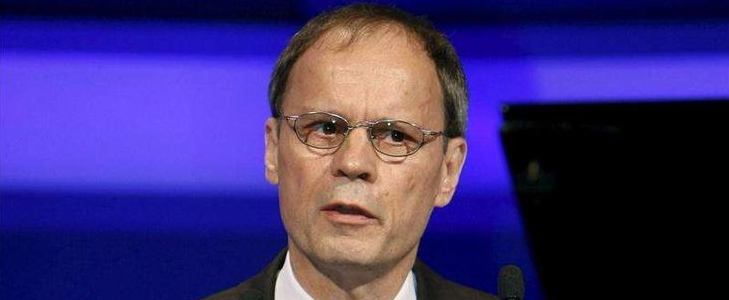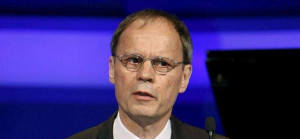
Economist can help us to realise the common good


Economics for the Common Good is a response to the crisis of the economics profession, whose credibility was badly damaged by the financial crisis of 2008. Frenchman Jean Tirole, who in 2014 won the Nobel Memorial Prize in Economic Sciences, has spent years at the Massachusetts Institute of Technology before building a strong economics community in Toulouse.
“Researchers have an obligation to society to take positions on questions on which they have acquired professional competence”, Tirole writes but does not see the media as “ a natural habitat” for an academic. “ the distinctive characteristic of academics, their DNA, is in doubt”.
His transformation from an ardent academic economist to public intellectual provoked him to reflect on the role of economists and their discipline in the society. Economics are rewarded for writing technical papers in scholarly journals, not joining in public debates, who should identify our key objectives and the tools needed to meet them. Tirole says we urgently need economists to engage with several challenges facing society and show us how economics can help us realise the common good including global warming, unemployment, the post -2008 global financial order, the Euro crisis, the digital revolution, innovation and the proper balance between the Free market and regulation, challenges of unemployment, migration, climate change, and to achieve a better world for all. He also highlights the paucity of worker-led companies, as the digital economy are terrifically thought-provoking in this regard.
Economics for the Common Good by Jean Tirole Translated by Steven Rendall, Princeton University Press £24.95,/ $29.95, 576 pages.
